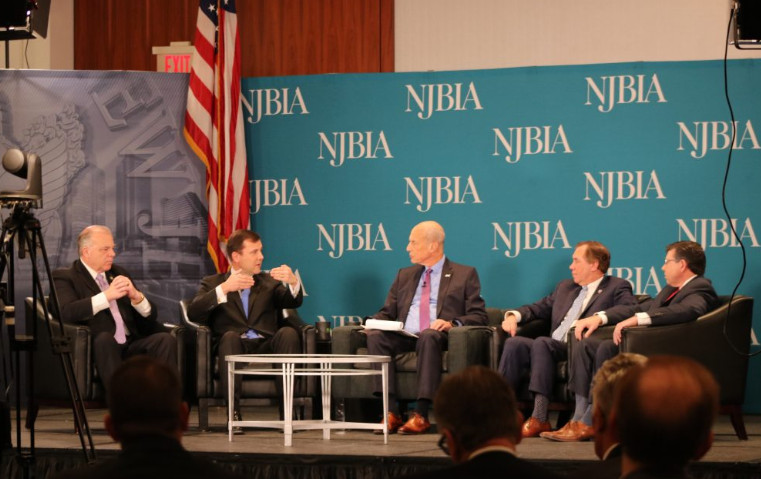ontecito High School’s Reality Week kicked off April 18 with a presentation on the harmful effects of marijuana and dangers of addiction.
“We have legal weed now in the state,” said Joe Eberstein, program manager of San Diego County Marijuana Prevention Initiative, referring to the passage of voter-approved Proposition 64 to legalize recreational marijuana in the November election.
Many students reacted to Eberstein’s comment with applause and cheers.
“Remember that marijuana is still federally illegal,” he said, adding that schools are federally regulated and pot is not allowed on school campuses or on school buses.
Proposition 64 limits marijuana use to adults ages 21 and older, and allows possession of up to an ounce and the ability to grow six plants on private property.
Eberstein said employers can still drug test and terminate an employee who fails a mandatory drug screen, that no consumption is allowed in public or while driving or riding in vehicles, and apartment managers can ban use of cultivation or possession on their property.
In youth, marijuana can impact the critical growth phase of the brain, he said, and weed also exacerbates mental health issues.
Marijuana is addictive, said Eberstein, who talked about how addiction can ruin a family, speaking from personal experience as he acknowledged his father was an alcoholic.
According to a slide he presented, when students who used marijuana were asked where they got it, the top answer was from friends, family, or relatives.
Marijuana is the primary drug choice seen in ages 12 to 17 in county-funded drug treatment, beating out alcohol, and treatment providers are seeing higher levels of tetrahydrocannabinol (THC) ratios in drug tests, his presentation revealed.
“This is not the weed that it used to be,” he said.
THC is the chemical compound in cannabis that creates a high and can stay in the system for 30 to 40 days, he said.
Some users will build up a tolerance to pot and then experiment with other drugs, he added.
“We have a huge prescription drug problem in this country,” said Eberstein.
He also touched on the extreme dangers of hash oil labs, where explosions have occurred when butane gas is used to extract the THC. Hash oil labs are illegal in the state.
Eberstein talked about the risks of edibles.
“There are no uniform standards on edibles,” he said.
The big difference between smoking marijuana and ingesting it through edibles is that smoking produces an almost instantaneous high while it may take one to two hours with an edible, said Eberstein. What can happen then, he noted, is that the user will ingest more edibles and end up overdosing.
Eberstein told the Sentinel that his organization has created a Marijuana Prevention Toolkit for communities to deal with Prop. 64 that is available at www.mpisdcounty.net under Emerging Trends.
This was the second year for Reality Week, which was attended by all grade levels. Montecito High Leadership Adviser Jackie Broussard said the school partners with Mental Health Systems, a nonprofit organization that operates programs related to mental health and substance abuse.
Broussard said students were asked what topics they would like to hear and then Mental Health Systems supplied speakers for those topics. Last Wednesday Nina Walker, a volunteer and former board member of Mothers Against Drunk Driving (MADD), spoke about alcohol abuse and making choices that will affect you in the future in what proved to be an emotional topic for many, said Broussard. Other programs focused on healthy lifestyles and youth leadership.
credit:sandiegouniontribune.com



